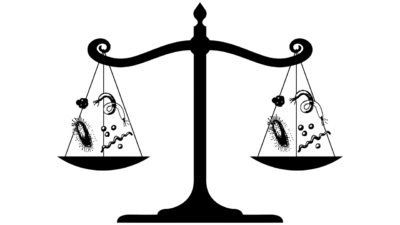Integrating Equity into Emerging Infectious Disease Research
VirtualAbout the speaker: Dr. Kishana Taylor is a virologist and Co-founder and president of the Black Microbiologists Association. Dr. Taylor holds a bachelors degree in animal science, a masters of […]

